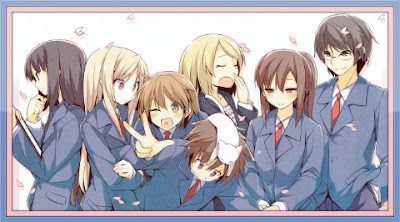Quote from: Rachellove9 on November 14, 2013, 02:42:57 AM
Okay I'm soooo mad . . . You didn't leave me anything but this link.
Simon you sweetie, I've missed you.
Just hang out and get back when life is a lil easier.
It's just nice to hear from you again.
Nice thread by the way, it reminded me that you may someday be a lawyer. lol
If you need anything let me know.
Peace,
Rachy
I am currently in the process of writing out a lonnnnnng PM to you :)
So expect it within the next few days.
Here is another two drawings I recently had drawn:















 [/spoiler]
[/spoiler]